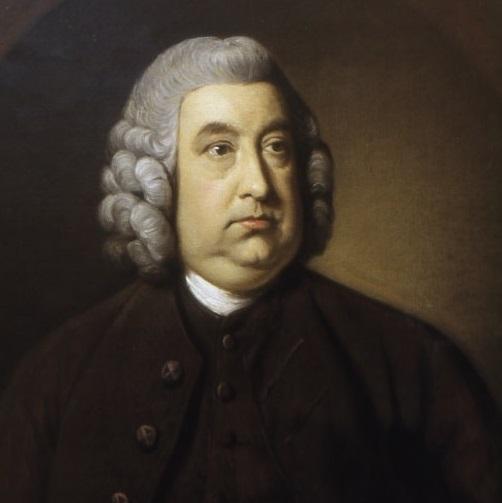John Monro, M.D., was the eldest son of James Monro, M.D., a fellow of the college before mentioned, and was born at Greenwich 16th November, 1715. He received his rudimentary education at Merchant Taylors’ school, and in 1733 was sent to St. John’s college, Oxford, of which society he became a fellow. He proceeded A.B. 13th May, 1737; A.M. 11th July, 1740; and in the April following was elected one of the Radcliffe travelling fellows. He studied physic first at Edinburgh and then at Leyden; and was admitted bachelor of medicine at Oxford, as a member of University college, 10th December, 1743. Returning to the continent, he resided for some time in Paris, again visited Holland, and after a short stay there proceeded to Germany. He then visited Italy and returned through France to England, which he reached in 1751, when the term of his travelling fellowship had expired. During his absence, the university of Oxford had conferred upon him (27th June, 1747), the degree of doctor of medicine by diploma. His father’s health beginning to decline, he was, on the 24th July, 1751, shortly after his arrival in England, appointed joint physician with him to Bethlem hospital; and on Dr. James Monro’s death, the following year, he was continued sole physician.
Dr. Monro was admitted a Candidate of the College of Physicians 25th June, 1752; and a Fellow, 25th June, 1753. He was Censor in 1754, 1759,1763, 1768, 1772, 1778, 1785; and he delivered the Harveian oration in 1757, on which occasion he was honoured by the presence of Don John de Braganza, brother to the king of Portugal. Dr. Monro limited his practice almost exclusively to insanity, and in the treatment of that disease is said to have attained to greater eminence and success than any of his contemporaries. In January, 1783, while still in full business, he was attacked with paralysis. The strength of his constitution, however, enabled him to overcome the first effects of his disorder and resume the exercise of his profession, but his vigour, both of mind and body, began from that time to decline. In 1787 his son Dr. Thomas Monro was appointed his assistant at Bethlem hospital, and he then gradually withdrew from business. In the beginning of 1791 he retired to Hadley, near Barnet, and there continued until his death, which occurred, after a short illness, on the 27th December, 1791, in the seventy-seventh year of his age.
Dr. Monro possessed a correct and elegant taste for the fine arts, and his collection of books and engravings was very considerable. He was deeply versed in the early history of engraving, and the specimens he had collected of the works of the earlier engravers were select and curious. From these, as well as from the communications of Dr. Monro, Mr. Strutt derived great assistance in the preparation of his "History of Engravers." Horace and Shakspeare were Dr. Monro’s favourite authors, and his notes and remarks on the latter were considerable. These he communicated to Mr. Steevens previous to the publication by that gentleman of the works of our immortal bard. Dr. Monro’s fondness for reading was great, and proved a considerable resource to him in the evening of life—fortunately he was able to avail himself of this solace till within a very few days of his death. His only published writings were his Harveian oration, and a small pamphlet entitled " Remarks on Dr. Battie’s Treatise on Madness." 8vo. Lond. 1758. This feeling tribute to a father’s memory, whose character he considered had been unjustly assailed by Dr. Battie, has been already alluded to. It perfectly effected its object, and, it is said, covered Dr. Battie with well-merited ridicule. A portrait of Dr. John Monro, presented by his great-grandson Dr. Henry Monro, is in the College diningroom. To Dr. John Monro the College is indebted for two very fine manuscripts " of our ancient and great benefactor Dr. Hamey." For these the thanks of the College were voted 25th June, 1783.
William Munk

